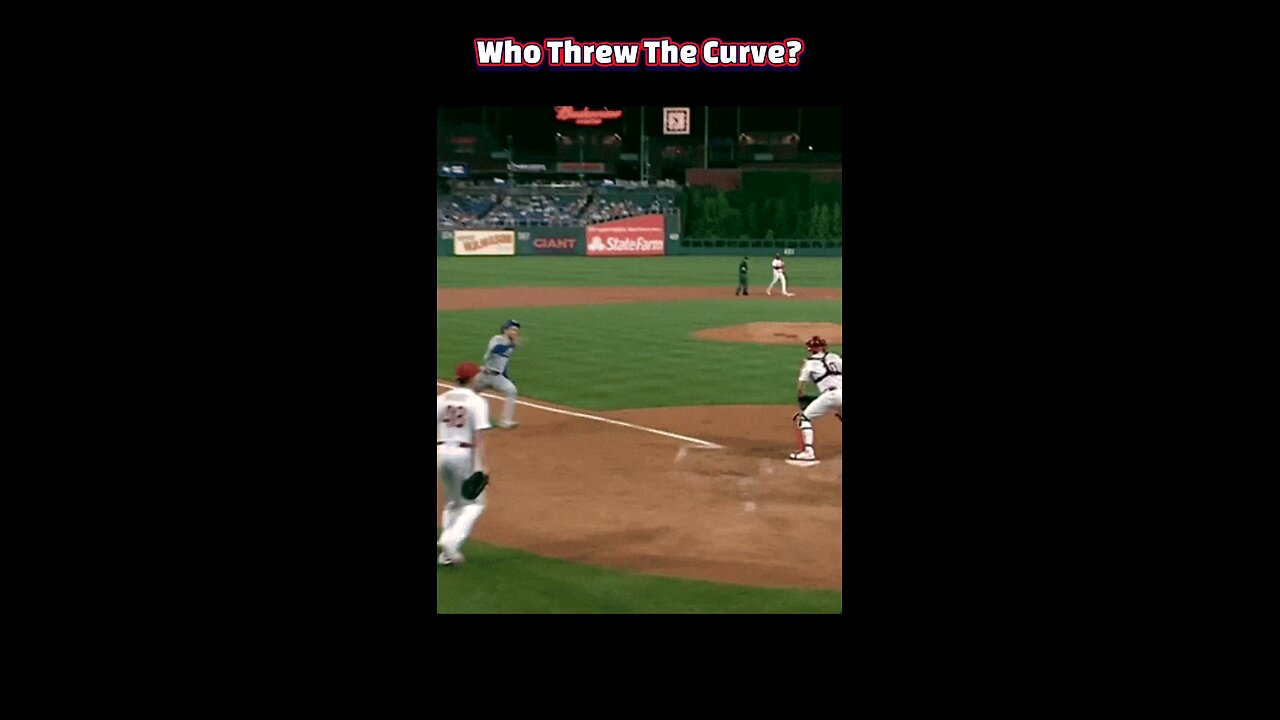Premium Only Content

Long Ball vs Fundamentals: Which Wins 162 Games?
#MLB #BaseballStrategy #SmallBall #LongBall #Sabermetrics #BaseballAnalysis #Fundamentals #WinningTeam #BaseballTactics
Baseball has always been a game of balance between power and precision. The long ball produces highlight-reel moments and can change a game in an instant. Teams that rely exclusively on homers invite volatility into their season because power swings are inherently streaky and subject to variables beyond skill alone.
A fundamental approach, contact hitting, situational at-bats, baserunning, and defense, creates repeatable advantages over 162 games. Small, consistent gains such as advancing runners, avoiding double plays, and limiting strikeouts compound into more runs and fewer blown leads. Managers who emphasize fundamentals build rosters that perform reliably in diverse conditions and sustain success across slumps.
Relying primarily on home runs also alters roster construction and in-game decision-making in ways that can be detrimental. Heavy sluggers often come with high variance in on-base percentage and defensive limitations that cost runs elsewhere. Bullpen and fielding liabilities become more costly when offensive production is concentrated in a few players who go cold for stretches.
Fundamentals reduce the impact of randomness and exploit opponents’ weaknesses through pressure and execution. Pitchers who trust defense and pitch to contact induce mistakes and lengthen outings. Offenses that manufacture runs through walks, steals, and timely hitting force opponents into tight choices and increase the chance that marginal plays swing in their favor.
In the long run, balance wins more than spectacle. Power is a valuable tool when integrated into a fundamentally sound plan. A team that pairs occasional long balls with disciplined, situational play will produce steadier results, withstand the fluctuations of a long season, and position itself for playoff success.
-
 1:15:37
1:15:37
Candace Owens
3 hours agoErika And I Sat Down. Here’s What Happened. | Candace Ep 280
123K362 -
 LIVE
LIVE
Quite Frankly
5 hours agoEurope Talks War, Old School TV, Open Lines & EXTRAS | J Gulinello | 12/16/25
466 watching -
 13:51
13:51
ARFCOM News
4 hours ago $0.56 earnedShould Bystander Have Blasted? + DOJ Lawyers: Don't Make Us Defend Gun Rights! + How To STOP Flock?
5.01K7 -
 1:04:59
1:04:59
TheCrucible
3 hours agoThe Extravaganza! EP: 75 (12/16/25)
69.6K7 -
 1:13:35
1:13:35
Kim Iversen
3 hours agoTurtle Island Terror: A Narrative That Serves Israel
33.4K57 -
 2:04:10
2:04:10
Redacted News
4 hours agoGet Ready! Something Big is Coming and They're Putting all The Pieces in Place | Redacted News
145K145 -
 3:06:50
3:06:50
Red Pill News
4 hours agoFBI & DOJ Coverup of Clinton Crimes Exposed In Detail on Red Pill News Live
41.9K11 -
 DVR
DVR
Robert Gouveia
4 hours agoTrump ILLEGALLY RAIDED!! Judge Dugan Trial! Shame on Tim Walz!
25.3K9 -
 34:04
34:04
Stephen Gardner
6 hours ago🔥Democrats SUFFER 2 DEVASTATING Losses to Trump TODAY!
42.1K48 -
 1:01:24
1:01:24
vivafrei
5 hours agoRob Reiner Murder BREAKING: Will Son Raise "The Menendez Defense"? Ilhan Omar in BIG TROUBLE & MORE!
132K106